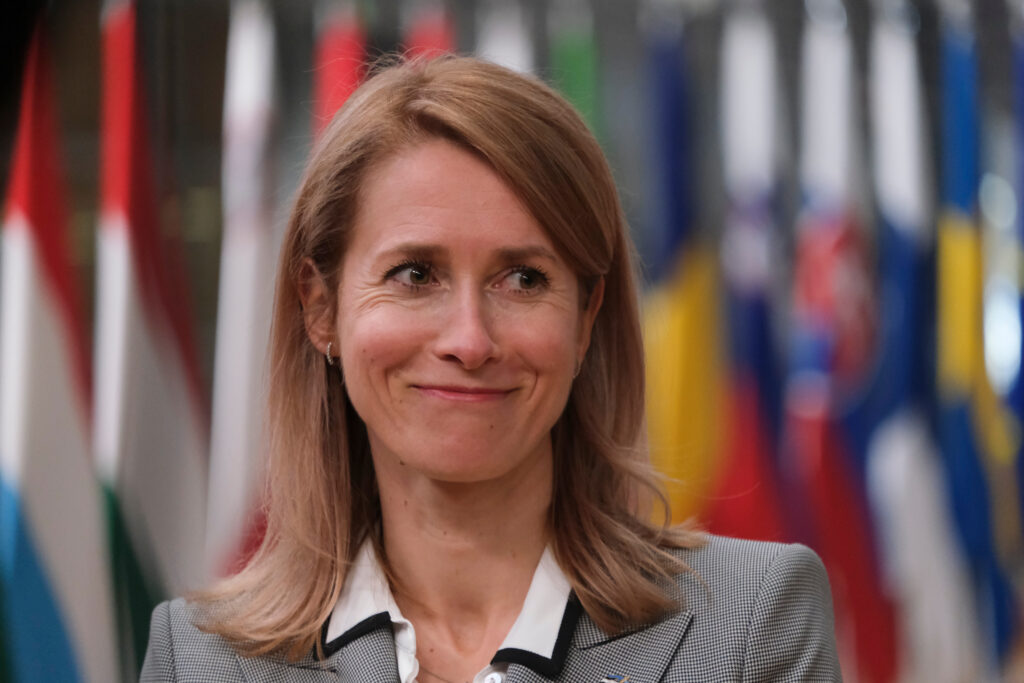Kaja Kallas, António Costa, and Marta Kos traveled to Kyiv on Sunday for discussions with President Zelenskyy. This visit aimed to enhance the EU’s support for Ukraine as the country continues its struggle against Russian aggression. It marked the first foreign capital visited by the officials in their new roles.
With President-elect Donald Trump set to take office in January, concerns are growing over potential shifts in U.S. support for Ukraine. Trump has repeatedly criticized the Biden administration’s significant financial and military aid to Ukraine, suggesting he could resolve the war in 24 hours. His remarks implied that he might pressure Ukraine to cede territory currently occupied by Russia, raising alarm among allies.
During the visit, Zelenskyy reiterated his call for increased weapon supplies and financial resources to sustain Ukraine’s defense efforts.
Financial Aid and Sanctions Take Center Stage
After talks with Zelenskyy, António Costa outlined new details about the EU’s financial support for Ukraine at a news conference. He emphasized the bloc’s ongoing commitment to aiding Ukraine’s energy infrastructure.
“On energy, we have financed the repair of a third of the existing electricity generation capacity, and more is coming. This month, the EU will provide Ukraine with an additional €4.2 billion to support its budget,” Costa stated.
He further announced that starting next month, the EU plans to deliver €1.5 billion monthly for an entire year. The funding, he noted, could come from proceeds of Russia’s frozen assets and may also be allocated for military purposes.
It was not immediately clear if Costa’s announcement represented new funding or reaffirmed commitments made earlier this year. In May, the EU’s 27 member states agreed to use interest accrued from some €210 billion in frozen Russian central bank assets to support Ukraine. These funds, primarily held in Belgium, were frozen as part of sanctions against Russia’s invasion. The interest on these assets is estimated to generate about €3 billion annually.
Costa also revealed that the EU is preparing its 15th sanctions package against Russia. “We will increase pressure on the Russian economy and further weaken Russia’s ability to wage war,” he said, without specifying the new measures’ targets.
This financial and political backing reflects the EU’s strategy to sustain Ukraine while continuing to isolate and pressure the Kremlin.
